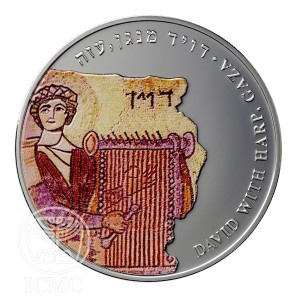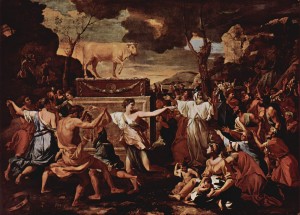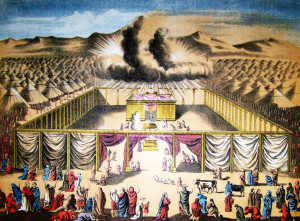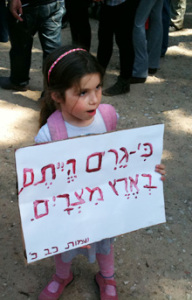In memory of our late father Meshulam Zishe Langerman, who died on the seventh day of Passover, 1973
And Fire came forth from God and consumed them and they died at the instance of God
And Moses said to Aaron, “This is what God meant when He said: through those near to Me I show Myself holy and gain glory before all the people.”
And Aaron was silent (Leviticus 10:2-3).
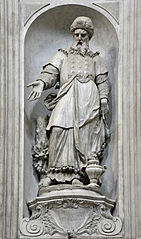
by Giovanni Maria Morlaiter
18th century
On the eighth day, at the height of the ceremony of sanctifying the Mishkan, a mishap happened and it was followed by tragedy. Aaron’s two sons, the priests Nadab and Abihu, transgressed when they brought forth “before God an alien fire which God did not enjoin upon them”—and the outcome was, “a fire came forth from God and consumed them and they died at the instance of God.” The two priests who brought “an alien fire” died by fire. Measure for measure, they brought (the wrong) fire and died by consuming fire. Torah does not specify the meaning of “alien fire;” there are numerous commentaries on the words “alien fire” “esh zarah” in Hebrew, but the text is quite clear that it was not holy fire, and not in accordance with God’s instructions.
